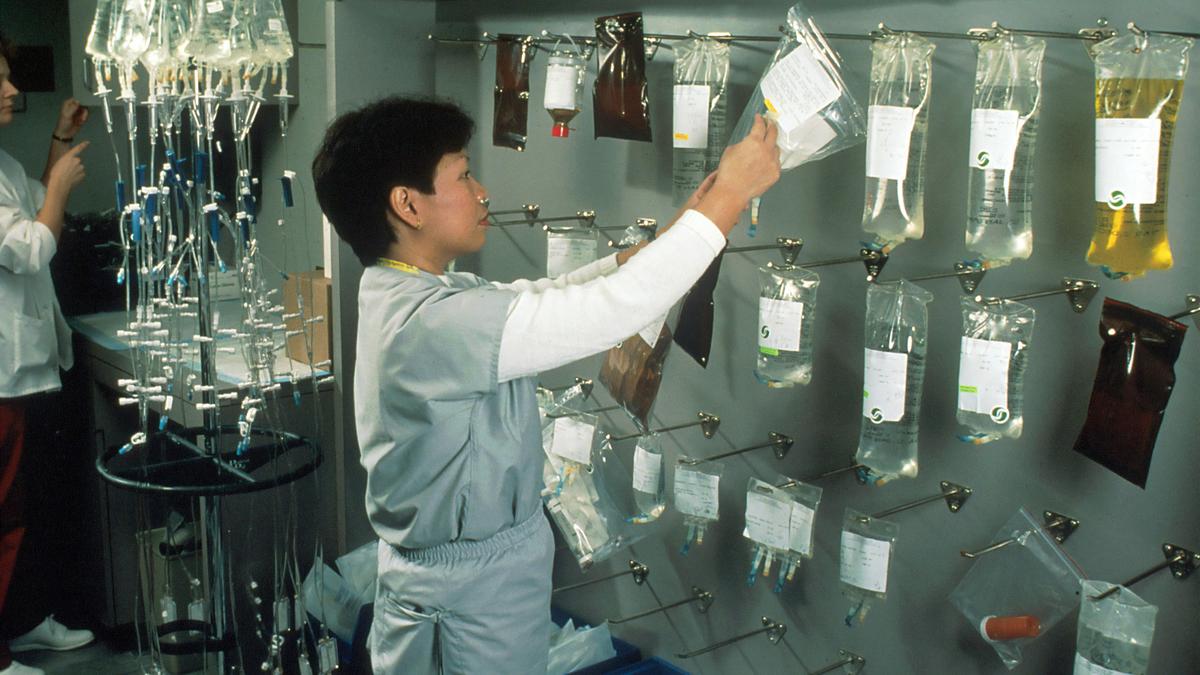
The way we name cancers could affect access to treatment, researchers say Premium
The Hindu
Revamping cancer classification to focus on molecular characteristics over organ of origin can result in more effective and timely treatment, a group of doctors has said.
The way we classify metastatic cancers may need to be revamped, scientists have said, proposing in its place a classification system that places the molecular characteristics of the cancer over the tissue of origin.
Traditional approaches to treating cancer – including surgery and radiation – target the organs in which the tumour is present. This practice formed the basis of classifying cancers after the organ in which they originate. But most deaths due to cancer are the result of the disease metastasising beyond the organ of origin; individuals with metastatic cancer are almost always treated systemically with drugs that enter the blood.
With technological improvements, doctors are also able to find which genetic mutations are responsible for a tumour in many cases, and target them with drugs. All cancers from the same organ don’t always share the same mutations, and these mutations aren’t limited to cancers of a single organ.
This development in precision oncology requires cancers to be classified based on their molecular and genetic characteristics rather than the organ in which they originate, a team of researchers from France has written in a paper. This way, according to them, cancer patients can also access life-saving drugs sooner.
Fabrice André, a medical oncologist at Gustave Roussy in France and lead author of the commentary, told this author that oncologists spend a lot of time testing new drugs in clinical trials in a sequential manner, leading to “delay in treatment access”.
There is evidence to support this view. A 2012 clinical trial in the U.S. investigating the drug nivolumab included people with different types of cancers, including melanoma and kidney cancer. Nivolumab targets the receptor of a protein found in some tumours. It ameliorated symptoms in individuals with tumours with that particular protein.
The next logical step would have been to test nivolumab with people with tumours that expressed the protein irrespective of where the cancer originated. But since cancers are classified based on their organ of origin – breast, kidney, lung, etc. – researchers had to conduct trials one after the other for each type of cancer.

Podcasts have become our best friends, especially during the Covid-19 pandemic. Whether you are cooking, sketching or going on an evening walk, there is a show that matches your mood. From horror tales to informative conversations to just two friends talking about anything & everything relatable, podcasts have become a part of our lives unknowingly. Over the years, more voices have joined this audio landscape and filled it with stories that resonate with our lives. Podcasts serve as a reminder that everyone has a story worth telling and listening to!










